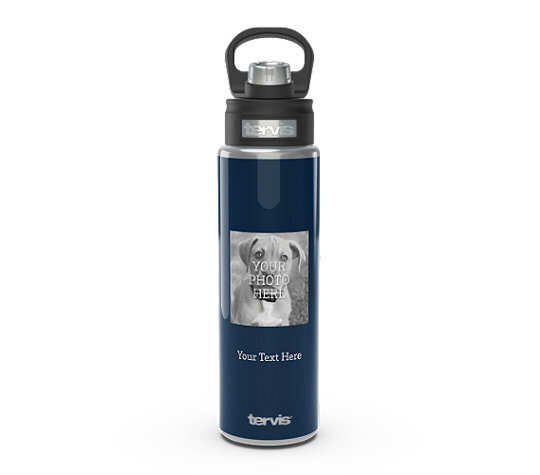When water is drawn through the ground, tiny soluble particles and debris are collected in its passing. Picture in your head how sand is constantly moved and redeposited in the bottom of a river. Some small amount of this collected material could mean contamination that causes water to be unsafe to drink, but in today’s modern age of filtration and effective water treatment it merely means water has collected an excess amount of minerals. The most prevalent of these materials are calcium and magnesium. These two minerals have caused more long-term damage to homes in the form of limescale buildup than natural disasters, as their concentration affects the water’s ability to do its job in the home. This mineral rich water that causes the limescale buildup in your home is called hard water.
Why Hard Water is so Damaging and How to Reduce its Affects
An odd indirect effect of hard water in your pipelines is that soap and detergent are rendered less effective. Soap is coagulated through contact with the minerals present in hard water, and thus it lathers less effectively, and it clings to your skin and bathroom walls in a film called soap scum. Soap scum can even get worked into your clothes in the wash as your automatic washing machine uses hard water on your clothes. This causes stiffened or toughened fabric over time.
Hard water and limescale buildup can also affect your plumbing system. Limescale is built up over time in thin layers as hard water evaporates and leaves calcium and magnesium deposits behind. Eventually, the flow of water to taps and appliances is reduced or even blocked and corrosion can cause pipes to burst and need replacement. Even the life of your heater is reduced by this invisible attacker. Water softening is your best and fastest solution.
Water Softening Reduces Long-term Risk to your Home
Typically, a water softening solution is used to remove the excess calcium and magnesium that caused the limescale buildup in the first place. This is achieved by exchanging the minerals for something else, such as sodium, in a process known as an ion exchange. The best water conditioner system, however, does not use sodium, but uses an eco-friendly approach instead, for increased efficiency.
With an electric water softening system, a local resident can rest easy in the knowledge that mold on their curtains is a thing of the past. Low water pressure, malfunctioning or inefficient water heaters, shortened supplies of hot water, or limescale deposits in the sink, pipes, and plumbing is effectively reduced or outright removed in just a few easy steps. With a quick look online, you can find the system that is right for you and will save you time and money.



